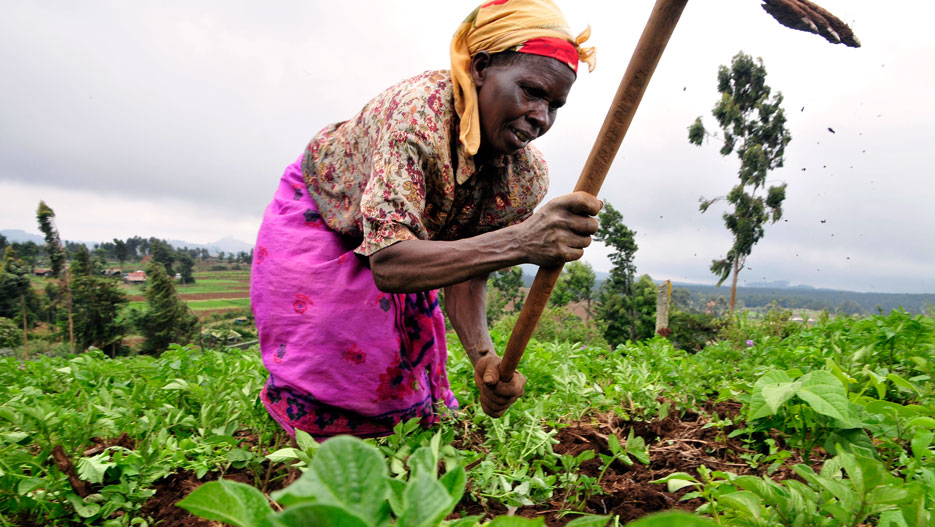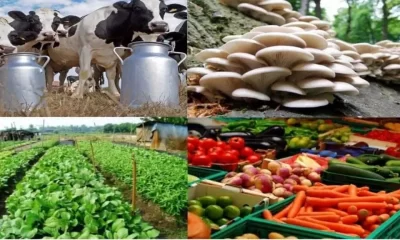Agribusiness
The Impact of Climate Change on Agribusiness in Kenya

Climate change is rapidly becoming one of the most pressing issues of the 21st century. It has the potential to drastically alter many of the features of the global environmental system, one of the most important being agriculture.
This is of particular significance to a developing nation like Kenya, where the agribusiness sector accounts for over one-third of the total GDP of the country.
Kenya is experiencing the effects of climate change in the form of increased temperatures and erratic rain patterns, both of which are playing a major role in disrupting agricultural production.
To begin, one of the most evident results of climate change on Kenyan agribusiness is drought. With temperature levels on the rise and rain patterns becoming increasingly unpredictable, dry seasons have lengthened and become harsher.
This situation has had a detrimental effect on the output of agricultural products in the country, with crop yields dropping significantly. As a result, farmers are facing enormous financial losses and are struggling to stay afloat in the competitive market of agribusiness.
In addition to drought, another key factor in this topic is rising temperatures. In recent years, average temperatures throughout Kenya have been steadily climbing, with the highest value recorded in Nairobi for the year 2020 being a staggering 29°C. Such an increase in heat has crippled much of the staple crops of the country, with maize being particularly affected.
Moreover, this phenomenon has facilitated the spread of a number of pests and diseases, adding more pressure to an already dire situation.
In a broader sense, the effects of climate change have also caused a massive amount of instability in Kenyan markets. This is due to the fact that agribusiness forms a core component of the economy, and any changes to the industry can have far-reaching consequences.
Moreover, those in the marketplace are having to find alternative methods of sourcing the food they need, or else they’re trapped in a cycle of higher prices and decreased profits.
To conclude, it is evident that the uptake of climate change in Kenya is proving to be costly. Agricultural production is dropping, prices are rising, and the overall situation in the industry is overwhelmingly grim.
This situation is creating a wide variety of problems for those within the agribusiness space, and more wide-scale efforts must be taken in order to ensure the sustainability of this vital sector.
Adopting prevention mechanisms such as improved water management systems, increased irrigation, and the development of insurance packages can be some of the initial steps ahead in the fight against climate change’s negative impacts.








